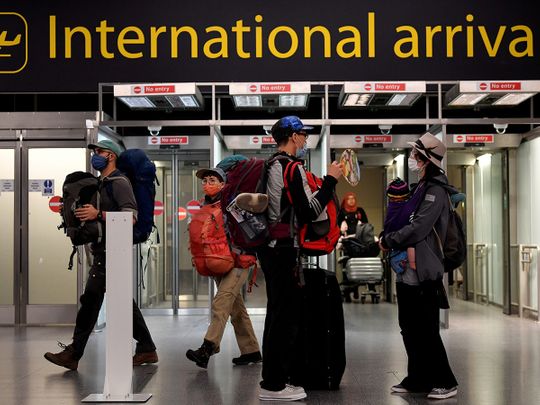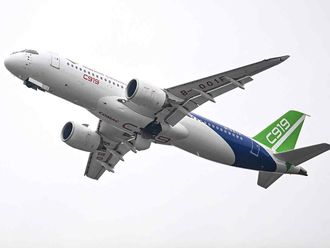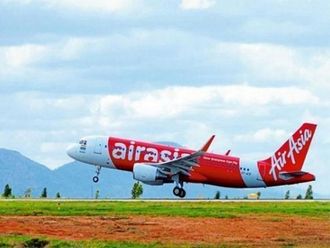
Dubai: Global airlines expect passenger numbers to grow in the next 12 months as governments ease restrictions, according to a senior aviation association expert.
“There will be a short-term impact as a result of government restrictions in response to the Omicron variants that we’ve seen since the end of November,” said Willie Walsh, director-general of the International Air Transport Association (IATA), during a media briefing on Tuesday. “But more governments are reviewing those restrictions, and we’re pleased to see that some if not all are beginning to be relaxed or removed.”
International passenger demand in 2021 was 75.5 per cent below 2019 levels. Capacity (measured in available seat kilometers or ASKs) declined 65.3 per cent and load factor fell 24 percentage points to 58 per cent. Meanwhile, domestic demand in 2021 was down 28.2 per cent compared to 2019. Capacity contracted by 19.2 per cent and load factor dropped 9.3 percentage points to 74.3 per cent.
This was “another tough year for airlines overall but quite a bit of positive to take from it as we went through the year,” said Walsh. “Cargo was the star performer in 2021 as it was in 2020.”
Global freight demand in 2021, measured in cargo tonne-kilometers (CTKs), was up 6.9 per cent compared to 2019. The lack of available capacity contributed to increased yields and revenues, providing support to airlines and some long-haul passenger services in the face of collapsed passenger revenues.
Ukraine-Russia issue
Walsh said escalating tensions between Ukraine and Russia will not have a significant impact on traffic to the region.
“This is a region of the world that has seen issues in the past. In fact, most airlines have significantly reduced the amount of traffic going through the airspace and that’s been the case for a number of years,” said Walsh.
“Given the volumes of activity that we’re seeing at the moment and the fact that most airlines have already avoided that airspace, it shouldn’t be an issue,” he added.
Oil price spike
Fuel, which represents the single biggest element of an airline’s cost base, has become dearer over the last few months as signs of an economic rebound support global crude oil prices.
Average fuel prices in January stood at around $100, much higher than the $78 predicted by the airline body. “This is something that airlines will be closely monitoring - it’s unlikely that most airlines will have significant hedging in place to protect them against this increase in the oil price,” said Walsh.












